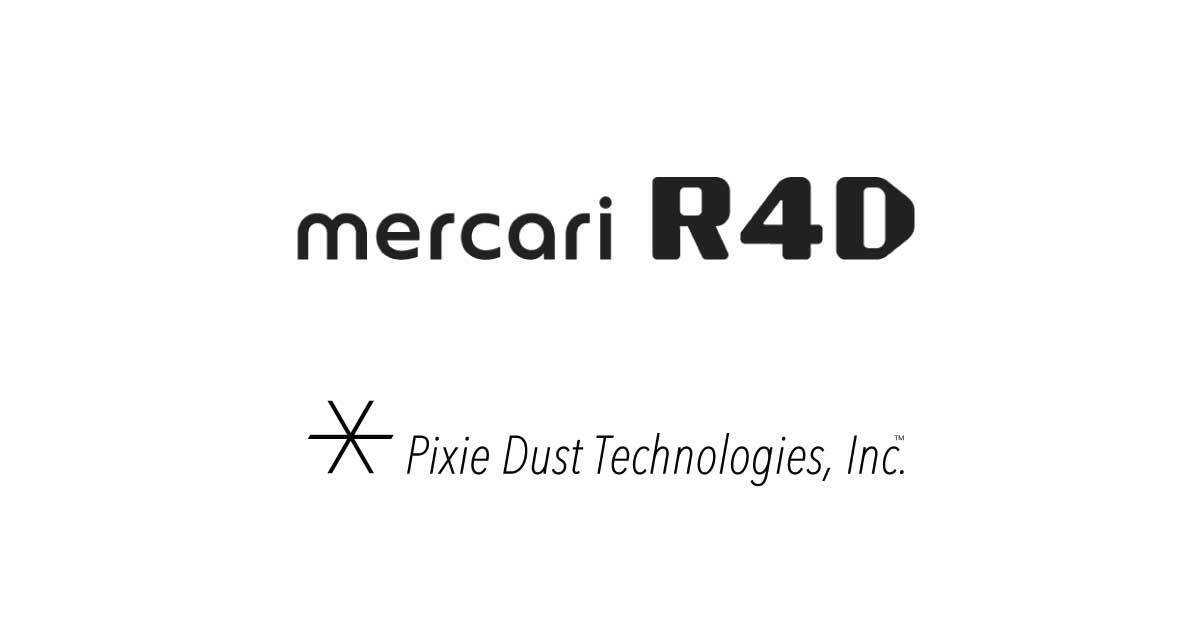Mercari R4D (“R4D”), the research and development arm of Mercari, Inc. (“Mercari”), presented the results of its collaborative research with Pixie Dust Technologies, Inc. (“PxDT”), a company using technologies developed in academic circles to solve real social issues, at the 24th International Conference on Human-Computer Interaction (“HCII2022”).
About HCII2022
HCII is one of the international conferences on human-computer interaction, covering challenging and innovative topics in the theory, methodology, and practice of human-computer interaction. HCII2022 (https://2022.hci.international/)
Outline of Research Results
“How Visually Impaired People Use Information Media and E-Commerce in Japan”
HCII2022 Abstract
Although existing information technology has several challenges in terms of low levels of accessibility for visually impaired people, it can become a promising tool that encourages them to actively participate in society with appropriate technical development. In this study, a questionnaire-based investigation was conducted to clarify the current state of the information media and functions of accessibility support utilized by visually impaired people. The number of respondents who do not shop online was small. Especially in the blind group, more than 70% stated that they shop online always or often. We also investigated whether visually impaired people sell items, including offline, and the media they use or why they do not sell items. While the data demonstrate that those with blindness can use brick-and-mortar stores where they can sell face-to-face, directly to the store, they imply that those with blindness are apprehensive about selling or listing using ICT devices. The data also indicate that both those with blindness and with low vision would consider selling or listing their items for sale if selling/listing procedures and operations were easier. This suggests that technical support or a solution within a system is required.
Background
In the ever-changing digital world of today, our access to information is limited by factors such as race, ethnicity, gender, and socio-economic standing. Many efforts to address accessibility issues in digital consumer products apply their solutions after the fact, with most applications primarily designed for users of commercially and practically viable age, without concern for disability.
Mercari’s C2C marketplace app boasts a wide variety of users who have signed up for the service since its founding. In recent years, the number of Mercari users in their 60s or older has also been increasing.1 Mercari is currently working to define and test the issues which users of advanced age or visual impairment face in their interactions with Mercari’s C2C marketplace (that is, the interplay between these users and the system). Through this, Mercari aims to propose guidelines for e-commerce accessibility, as well as design and develop accessible e-commerce products.
PxDT is part of the xDiversity Project, which works to help people overcome physical difficulties or disabilities and solve the social issues these disabilities entail. PxDT has developed tactile and visual devices to allow people with listening impairments to enjoy music and automated wheelchairs allowing wheelchair users to go where they want, when they want. In this way, they have worked to achieve a sustainable, diverse society through technology.
With the above background, R4D and PxDT have been pursuing a collaborative research project since December 2020.
